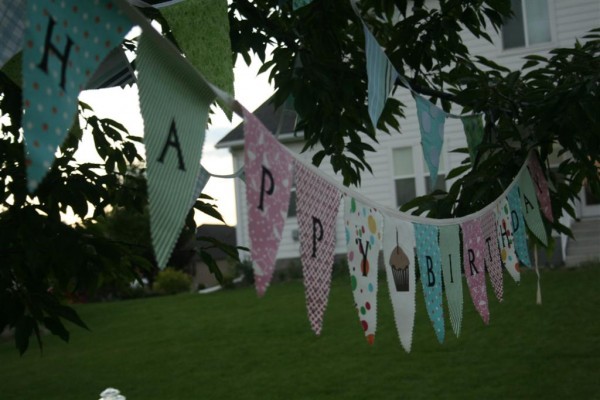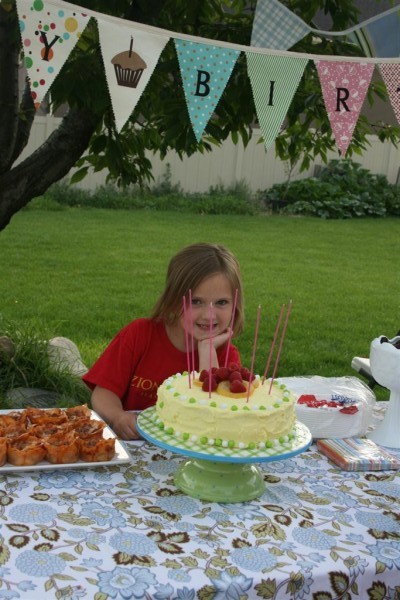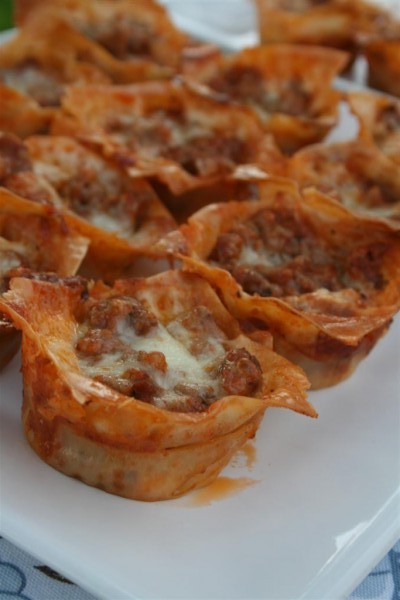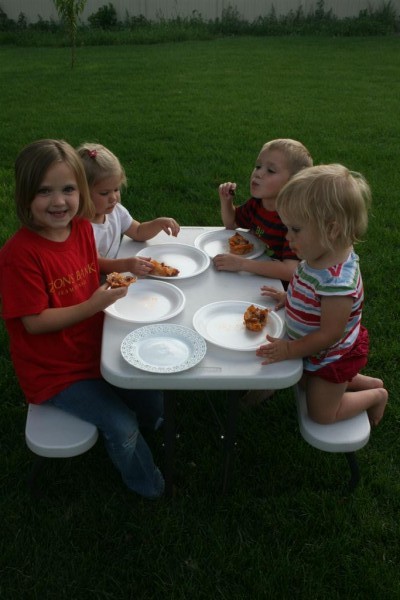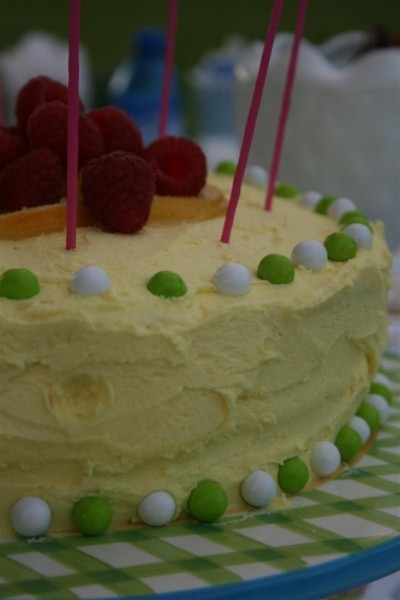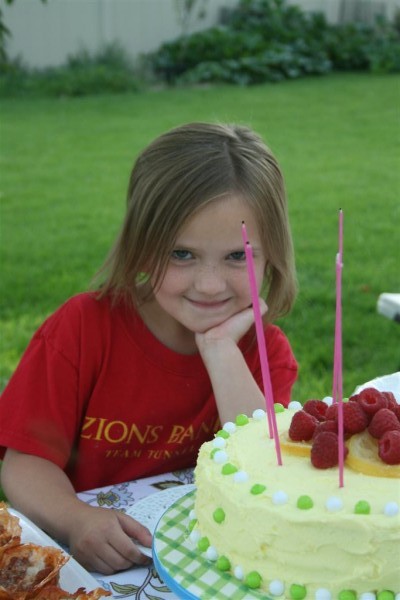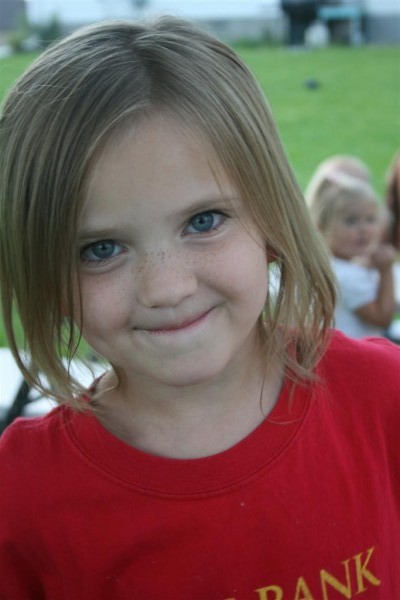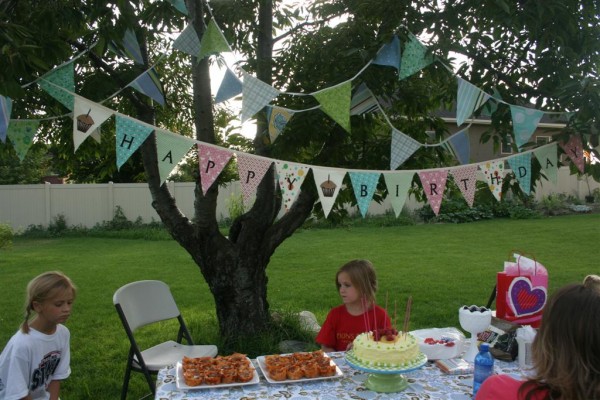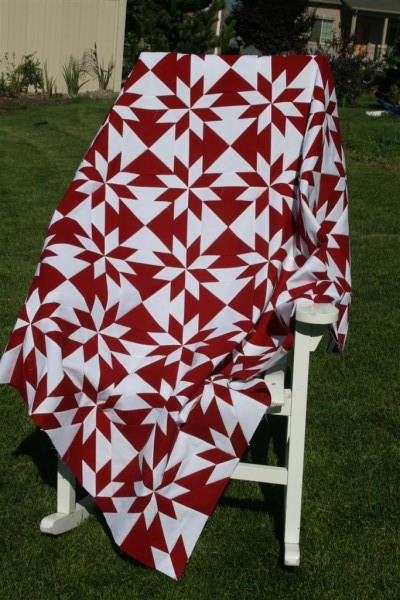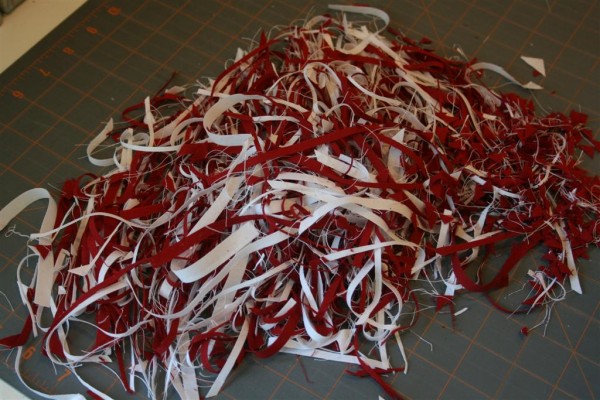The Night Before a Birthday
I do this every time.
It never fails that I’m up late the night before one of my children turn a year older. The bustle of living crowds out my “this time I’ll start early” preparation plans and rather than ditch them, I stay up late. Even so, I end up whittling down my list and compromising in many directions. I like pushing myself a little, trying things I wouldn’t otherwise try, doing something special for my birthday boy or girl to let them know they’re important to me. After all, they’ll only be this age once. Next year they’ll be older and there will be a million new ideas.
And then I go to bed. Tired as I am, it always happens. I lay in bed and think about the night before they were born. I was induced with seven of my eight children (I am one of the few women living who has had 8 children and who could still probably be pregnant for a year if someone didn’t help) so most of the time it was scheduled and I knew what was coming.
I was up late on those nights, too. Trying to do a little more laundry, a little more cleaning, another trip to the grocery store. Laying there thinking about all the sweet little people I was leaving at home in order to bring home another, wondering how they would do without me for a couple of days. Hoping they’d be good to whoever would be watching them. Thinking of my baby-on-the-verge-of-not-being-the-baby-anymore and feeling so many bittersweet feelings. Wondering how things would go the next morning, excitement about meeting this new little person I already loved. Noting that the aches and pains of pregnancy seemed just a bit better when I knew I only had a few more hours to endure. So many feelings come flooding back. Every time.
Tonight is no different, except that perhaps there’s more bittersweet than usual. Tomorrow my little one will be two years old. I just finished a last minute baking project which, I will freely admit, will mean more to me than to her. There’s a new dimension to her birthday, one I’ve not dealt with before. It’s that feeling of “I’ll probably never get to do this again.” I know I’ll celebrate dozens of birthdays, but probably not for a two year old. The realization has a two-fold effect on me. First, a sadness I have no words for, a sadness that comes without warning and leaves me feeling quiet and reflective. Second, a desire to celebrate in a way that leaves me without regret. I want to look back and feel like I marked the occasion in a way that satisfied not only my child’s need, but mine as well. Suddenly I feel these emotional tugs of my own heart at crossroads. My life is no longer full of “next times” because I’m staring at “last.” These are new feelings for me, feelings I’m not entirely comfortable with but they’re real just the same.
I’ve never had a two year old “baby” before. There’s always been a younger one too.
It is with a full heart that I find myself remembering the night before I met this little bundle of joy:
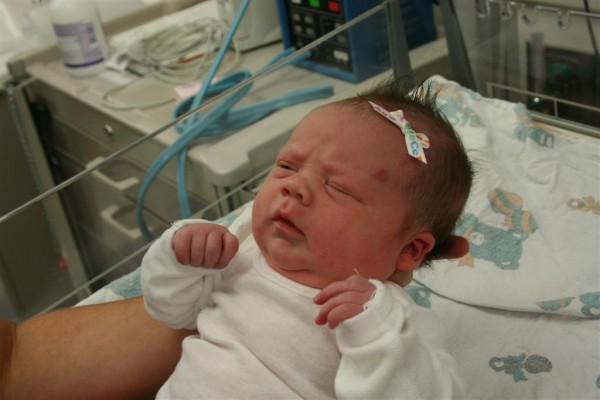
In the midst of all the bittersweet, I remind myself how incredibly blessed I am to have experienced such joy eight times . As my heart turns to my Heavenly Father for comfort I must also praise Him for His goodness to me, for the privilege of feeling what I feel and knowing what I know.
I think of my not-so-little baby asleep in her bed. I love her so much. I’m so happy she’s growing. Tomorrow will be a great day. My baby’s turning two.
Jennifer

